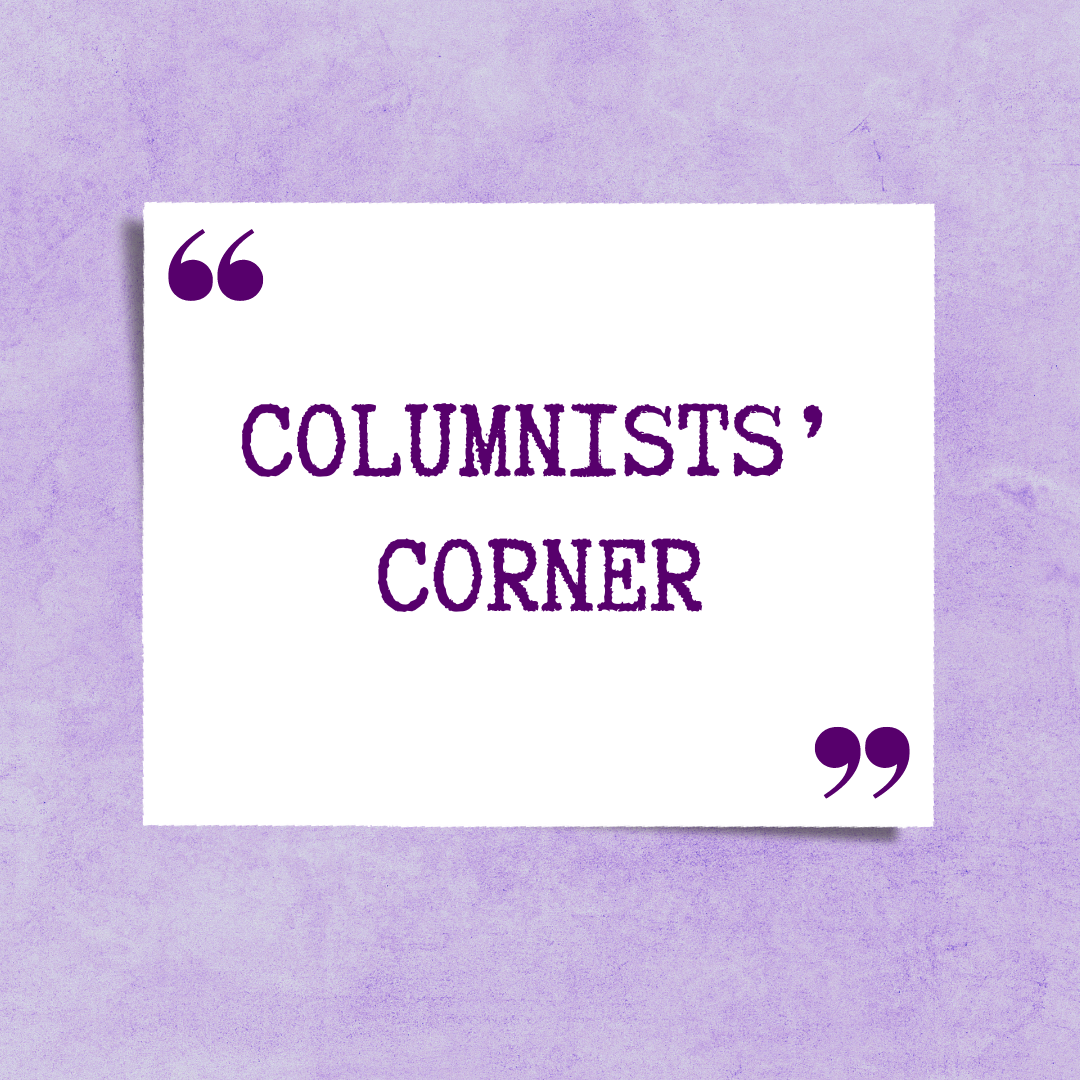The most common way of defining the bigger person in a social situation is when someone takes the blame or responsibility for something when, in reality, both parties share it. Stated like this, one might wonder why someone would ever choose to be the bigger person. Perhaps the topic is just not worth it, maybe the disagreement has gotten old or tedious or maybe what you have to do to win is just not worth what you will lose. It is not inherently good or bad to be the bigger person. You just have to do it responsibly and ensure that you are not the only one doing so.
Many people will often choose to be the bigger person when dealing with conflict and let the issue go. When you are the older or more mature person in a situation, you are often strongly encouraged to drop the argument. It is seen as socially acceptable to just give in to the other side’s opinions.
This is not necessarily the wrong thing to do. Although it can be tiring on one’s spirit, there is no real point in arguing extensively with a narrow-minded person. They will never let go of their beliefs, no matter how misguided, and they will typically forget all about the argument the next day.
“Around the age of seven, give or take a year, children enter a developmental phase known as the age of reason,” Megan Zander wrote in an article on Scholastic.com. The age of reason is when a child’s brain first has the ability to discern another person’s point of view in a disagreement. They have an increased awareness of things like logic and patterns.
It can be easy to fall into a pattern of giving in to others, especially children, in small matters. However, as we get older, the topics of arguments grow to have a more serious nature. Instead of arguing over a toy, the color of an object or the top bunk, we disagree about religion, political candidates and abortion. Our views on these things tie to our beliefs and morals, and we should never give in to another opposing view without first giving it thought.
“You should realize what is best for you and whatnot,” junior Xinlan Shangguan said. “Sometimes revenge is not a good thing. You know it has to be morally understandable and morally right.”
Beliefs, whether they tie to religion or not, are a part of our moral compass. They dictate all the decisions we will make in our lives. While it is important to be cognizant of other people’s beliefs and be open to new ideas, you should never give up on your own for someone else’s benefit.
Due to each person’s difference in opinions and beliefs, other people often have critical ideas that you might not have thought of yourself. These insights are important to listen to. You should never forgo listening to others in an attempt to stick to your morals. Your beliefs may change over time, and you should be open to that possibility.
In a disagreement or argument, however, this can be hard to remember. In a heated moment, we often form a you versus them point of view. People’s minds will commonly run away with the other’s words and shape the whole situation into something it is not. When you are overcome with rage, annoyance or any other negative emotion, you probably are not thinking very clearly. This is when you should take a step back and review the whole situation before you do something you will regret.
“You don’t want to cheat on someone who cheated on you, because that is just adding fuel to the fire,” Shangguan said.
Using Shangguan’s example, if someone cheated on you, you are obviously not in the wrong; when an argument gets heated and stays that way, that is a perfect time to be the bigger person. In an article from Psychology Today, psychotherapist Reverend Sheri Heller said that being the bigger person means having a “willingness to find common ground and achieve resolution, even if each person’s reality differs.”
It is important in any sort of relationship to have both parties learn to be the bigger person, especially if an issue matters more to one than the other. It can be really hard to step back and admit your faults, but if the person you’re talking to is worth something to you, then it is important to do that. In the end, you might have to ask yourself, “Would I rather be right or be happy?” Sometimes the same decision will achieve equal outcomes, but mostly we will choose to back down and keep that person in our lives.
If no part of you is in the wrong, you should not have to be the one to take responsibility. If the person at fault is unable to do that themselves, that is a serious red flag. It is not one person’s job to be the bigger person; it is a social expectation.
However, when the topic really matters and is worth it to win despite the cost, then you should not feel pressured to be the bigger person. All social interactions have their complexities, so regardless of whether or not you choose to be the bigger person, it can be the right choice.








